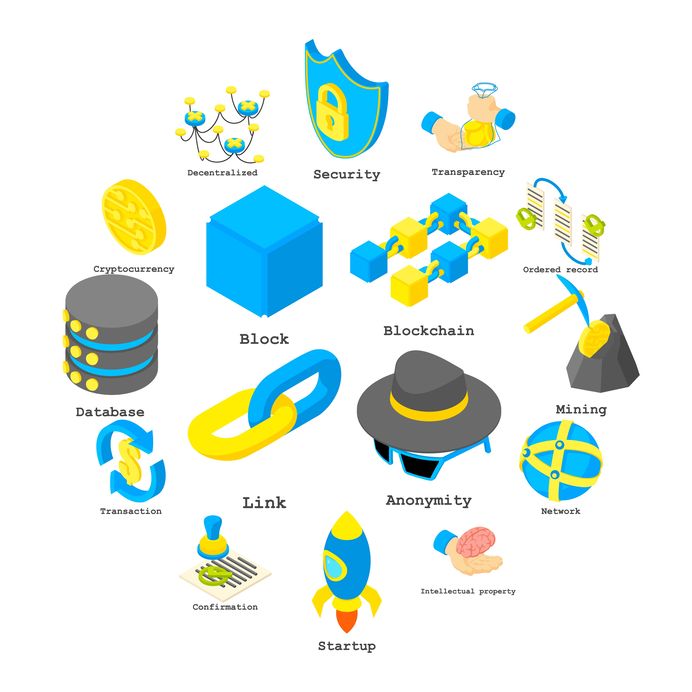Food industry is changing fast. During my school days in a tier-2 city of India I used to eagerly await summers, not just for the summer holidays but also because two of my favorite fruits i.e. Mangoes and Watermelon were available only during those 2 months. My 7-year son doesn’t know what seasonality of fruits is, because practically everything is available every time today.
While we have made great strides in making food available at all places and all times- thanks to global trade and cold chains- we are still missing the ‘trust’ when it comes to what we eat. A simple search on Google throw number of disturbing videos of chemical coloring, artificial ripening, fake labels and so on.
Can Blockchain whose foundation is in providing trust – in a trust-less ecosystem – have a solution?
Blockchain promises of Traceability, but What is Traceability and Why do we need it?
In simple words traceability is the ability to know where your food came from- which farm, which country, when it was harvested, where it was packed, when it was shipped, what were the transit and storage conditions etc.
Why do we need it? Here are few of the many reasons:
- Fake Food – We might be paying a premium for ‘Organic’ product or fresh food from a ‘respectable’ brand, but do we really know if that is what it claims to be? If someone is not just printing the labels and sticking them to products to get a premium?
- Dated Food – Everything we buy, has a ‘best before’ date. But do we know if the labels are genuine are were not printed or changed for forward dates during the transit?
- Food Recall – Though they don’t get as much attention as the recall of Toyota’s and VWs, but they do happen. If a batch of produce from a particular factory or a particular farm is contaminated- how soon can that be identified and removed from the chain? Can the supplier/retailer remove only specific product instead having to quarantine everything?
- Sustainability– We would all like to buy food which is sustainable i.e. not produced by burning forest or using child labor. Are we sure of it by looking at the label or someone just telling us that it is sustainable?
Blockchain promises of irrefutably capturing the data at each stage in the food value chain, which can be verified by anyone thus giving complete traceability and transparency in what we eat. Soon most of us could buy a pack of Mangoes from a superstore and by scanning a QR code know the whole history of where these Mangoes were grown, how they were grown, what chemicals were used in process, when they were harvested, where and when they were packed, how they were transported and so on.
SAP is piloting its SAP Cloud Platform Blockchain with 16 farm-to-consumer produce suppliers such as Maple Leaf Foods, Johnsonville, Naturipe Farms, Tate & Lyle and Natura to achieve this transparency and traceability into our food supply chain. Read here and here to know more about SAP Farm-to-Consumer blockchain.





